Migratory fish species are vital to ecosystems worldwide, but many face growing threats from overfishing and dam construction. These fish travel long distances across rivers and oceans to spawn, but their migration patterns are being disrupted. Overfishing reduces population numbers, while dams block their natural routes, making survival even more difficult. As a result, these species are becoming increasingly endangered. Below are key migratory fish species that are struggling to survive due to these challenges.
Atlantic Salmon (Salmo salar)
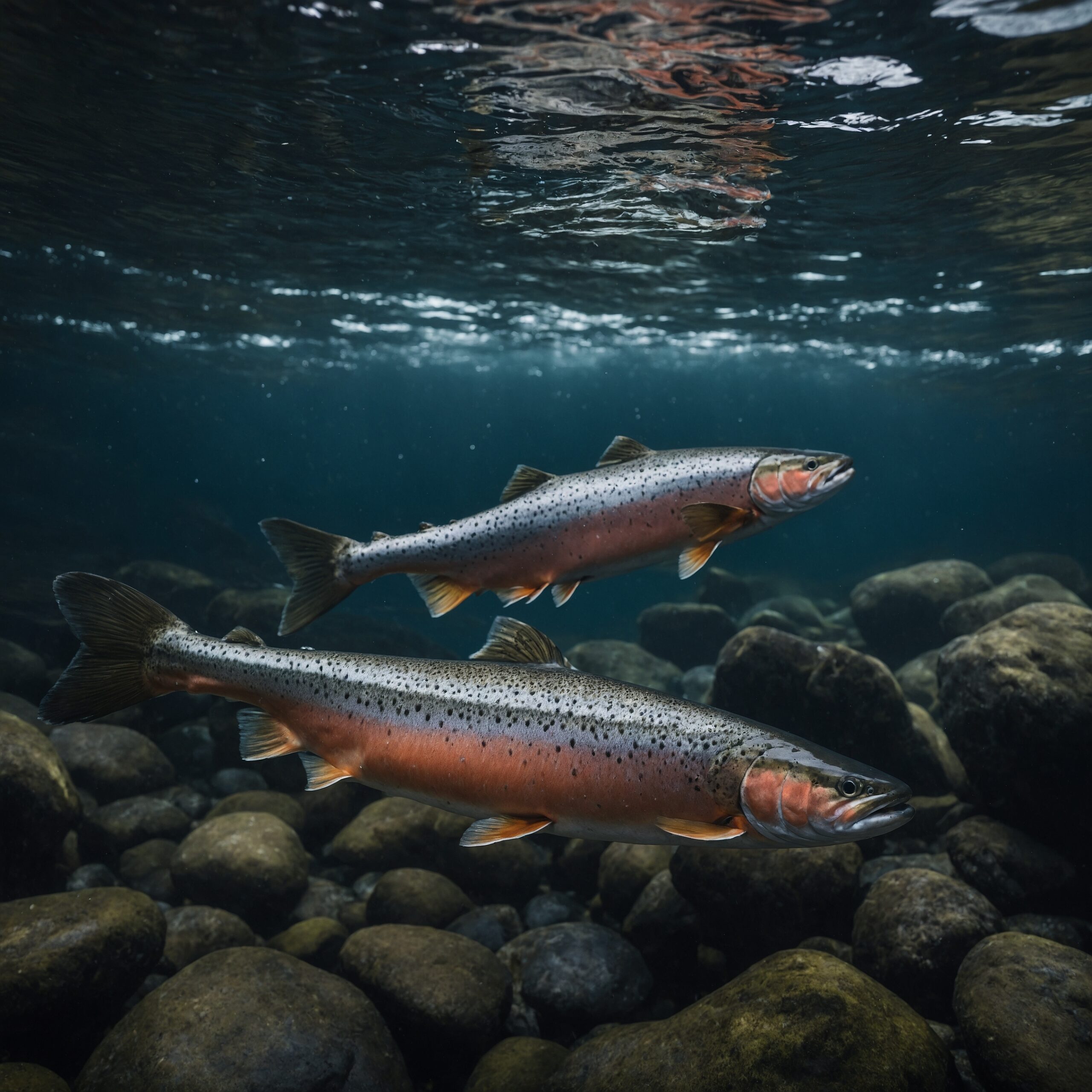
Atlantic Salmon are known for their impressive migrations, traveling from rivers to the Atlantic Ocean and back. They can grow up to 4 feet long and weigh up to 30 pounds. Overfishing has drastically reduced their numbers, making it harder for them to replenish. Dams along rivers prevent them from reaching crucial spawning grounds. Conservation efforts focus on improving fish passages and limiting harvests to help them recover.
American Eel (Anguilla rostrata)
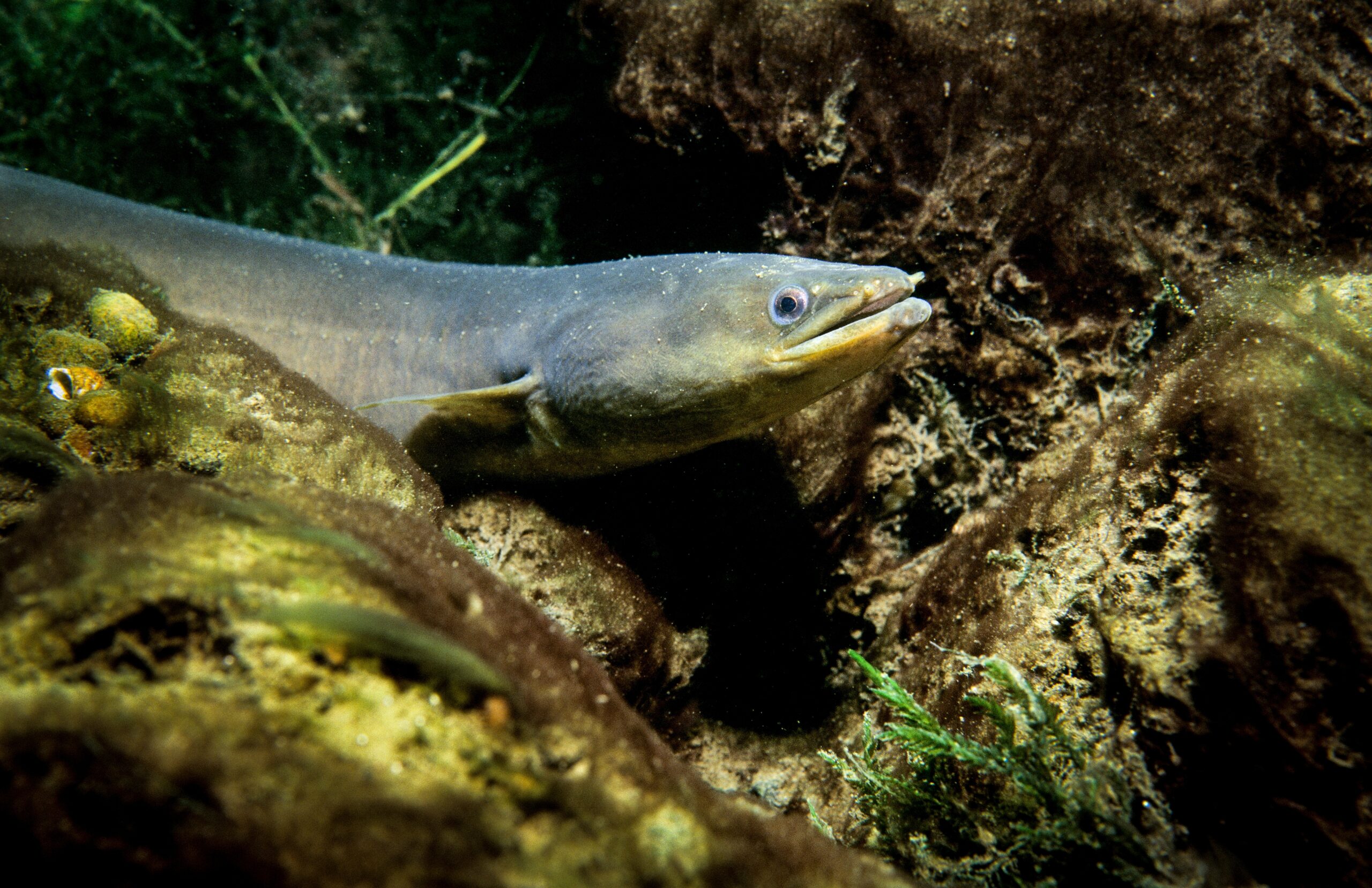
The American Eel is a unique species, traveling from freshwater rivers to the Sargasso Sea to spawn. They can grow up to 5 feet long and live for decades. Overfishing has reduced their population significantly, especially for the highly sought-after juvenile eels. Dams and turbines also disrupt their migration routes. Conservation efforts include improving fish passages and regulating eel fisheries.
European Eel (Anguilla anguilla)
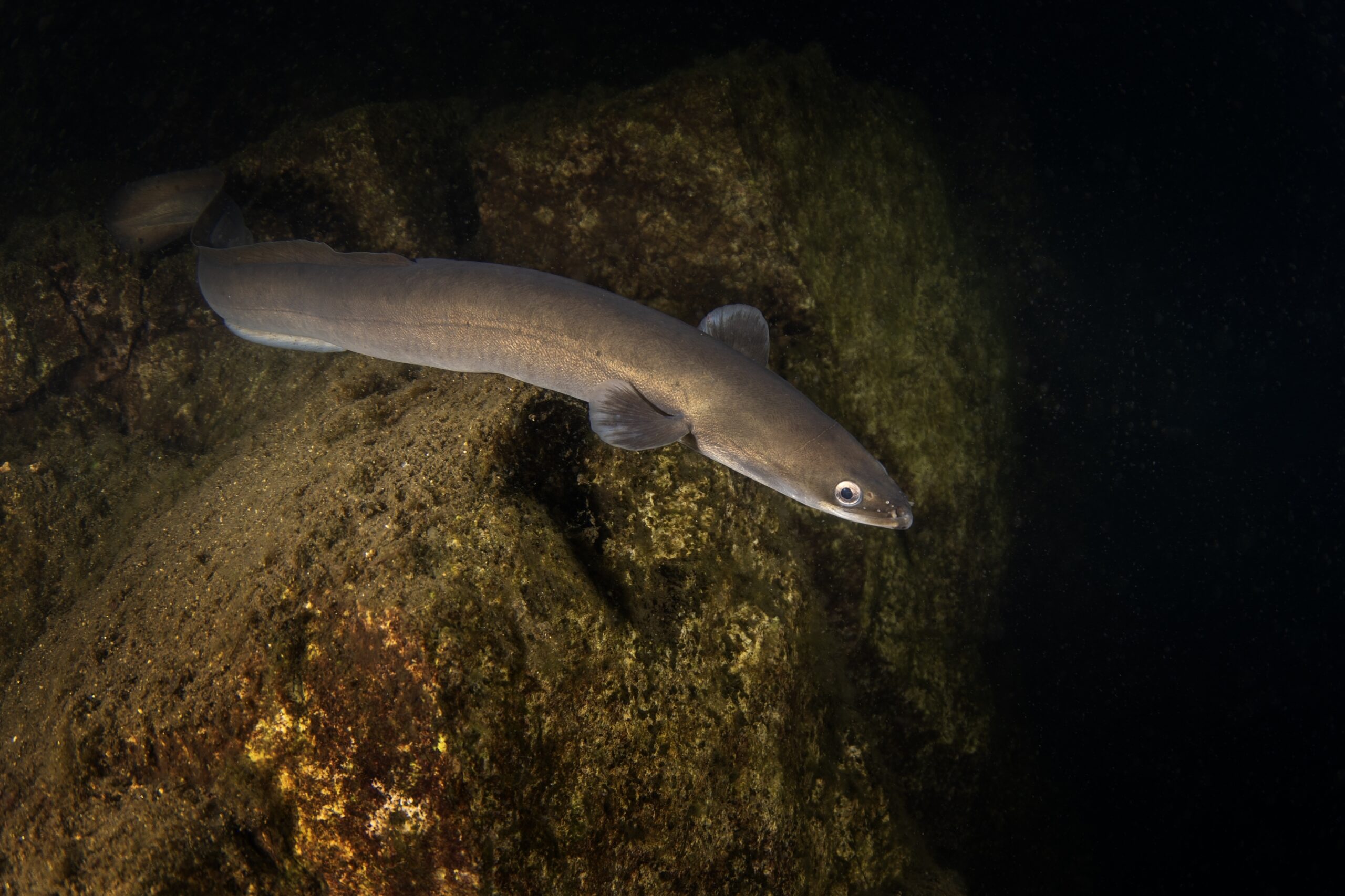
European Eels undertake one of the longest migrations, traveling from European rivers to the Sargasso Sea to spawn. They can live up to 85 years and reach lengths of up to 4 feet. Overfishing, especially for the young glass eels, has driven their population to critical levels. Dams along rivers prevent them from reaching their breeding grounds. Efforts to save them focus on restoring natural waterways and reducing illegal fishing.
Bluefin Tuna (Thunnus thynnus)
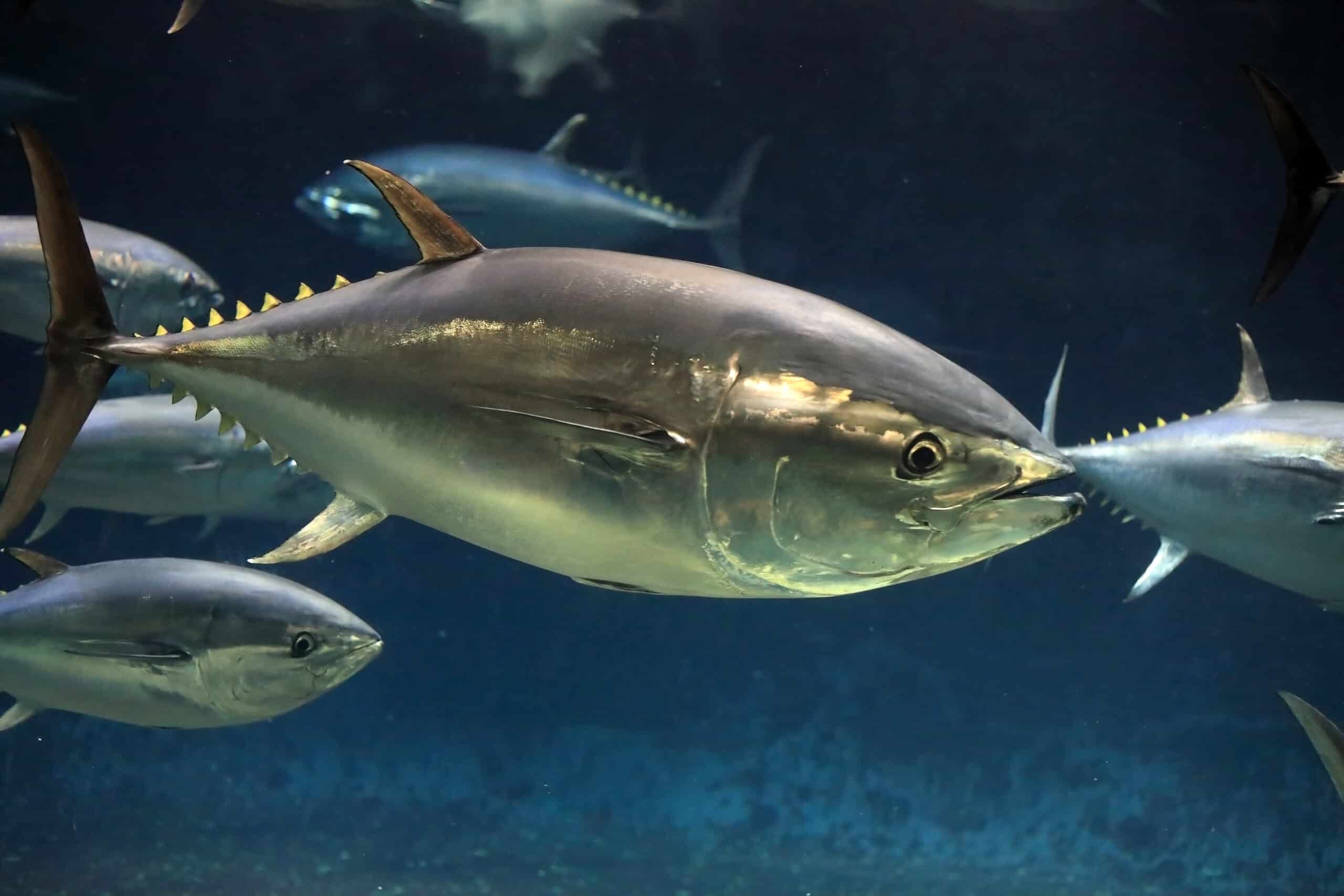
Bluefin Tuna are among the largest migratory fish, known for their powerful speed and long journeys across the Atlantic Ocean. They can grow over 10 feet long and weigh up to 1,500 pounds. Overfishing for sushi markets has dramatically reduced their numbers, making them one of the most endangered tuna species. While they do not face direct threats from dams, their long migratory routes are disrupted by overfishing. Conservation measures focus on stricter fishing regulations and quotas.
Nile Perch (Lates niloticus)
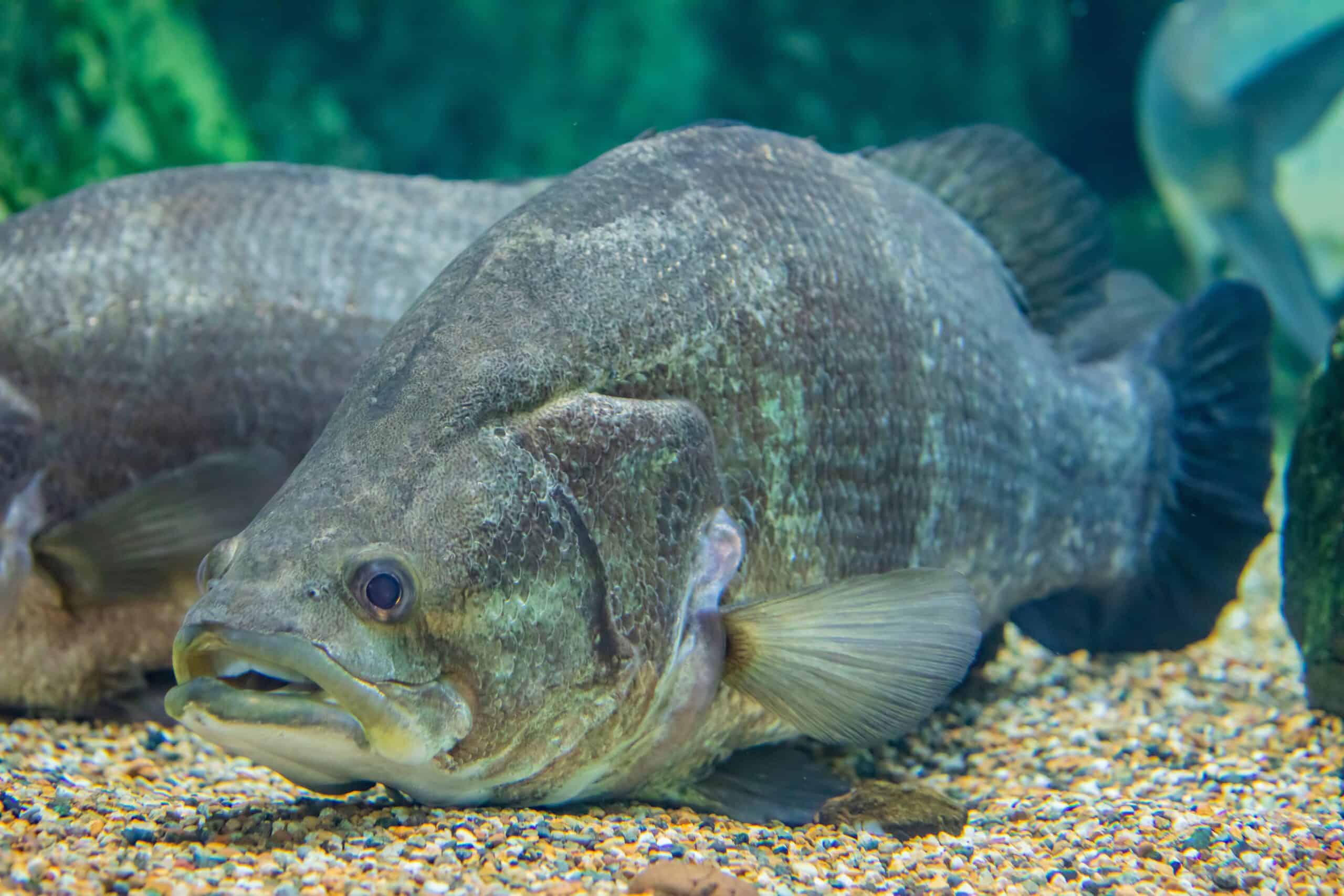
Nile Perch are native to African lakes and rivers, but they also migrate along connected water systems. They can grow up to 6 feet long and weigh over 400 pounds. Overfishing has severely impacted their numbers, particularly in the Nile and Lake Victoria. Dams along the Nile River further restrict their movement and spawning. Efforts are being made to manage fisheries more sustainably and to monitor dam impacts.
Mekong Giant Catfish (Pangasianodon gigas)
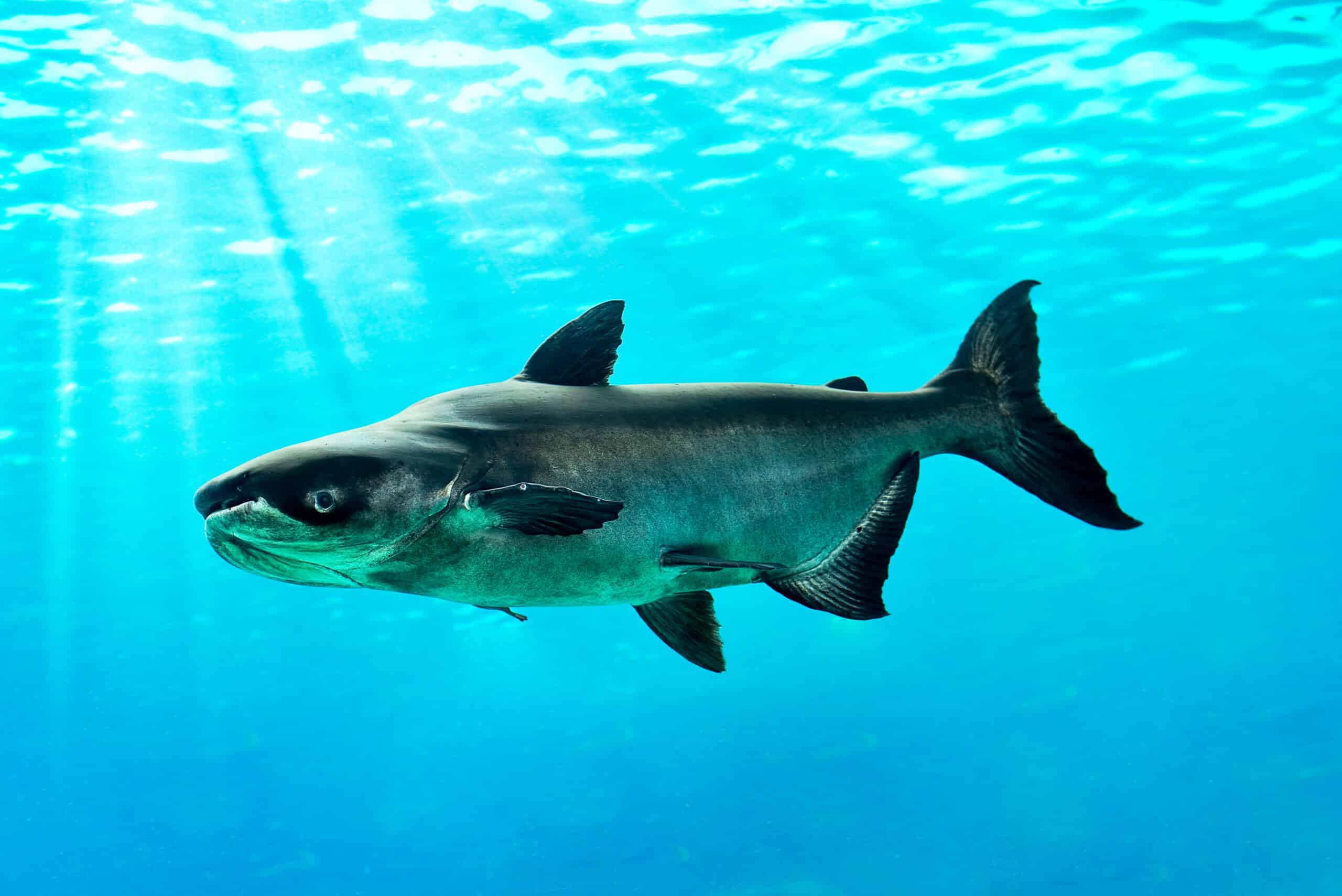
Mekong Giant Catfish are one of the largest freshwater fish, found in the Mekong River system. They can grow up to 10 feet long and weigh over 600 pounds. Overfishing and illegal trade have pushed their population to the brink of extinction. Dams along the Mekong River block their migration routes, preventing them from reaching spawning areas. Conservation projects aim to protect their habitats and regulate fishing more strictly.
Sturgeon (Acipenseridae family)
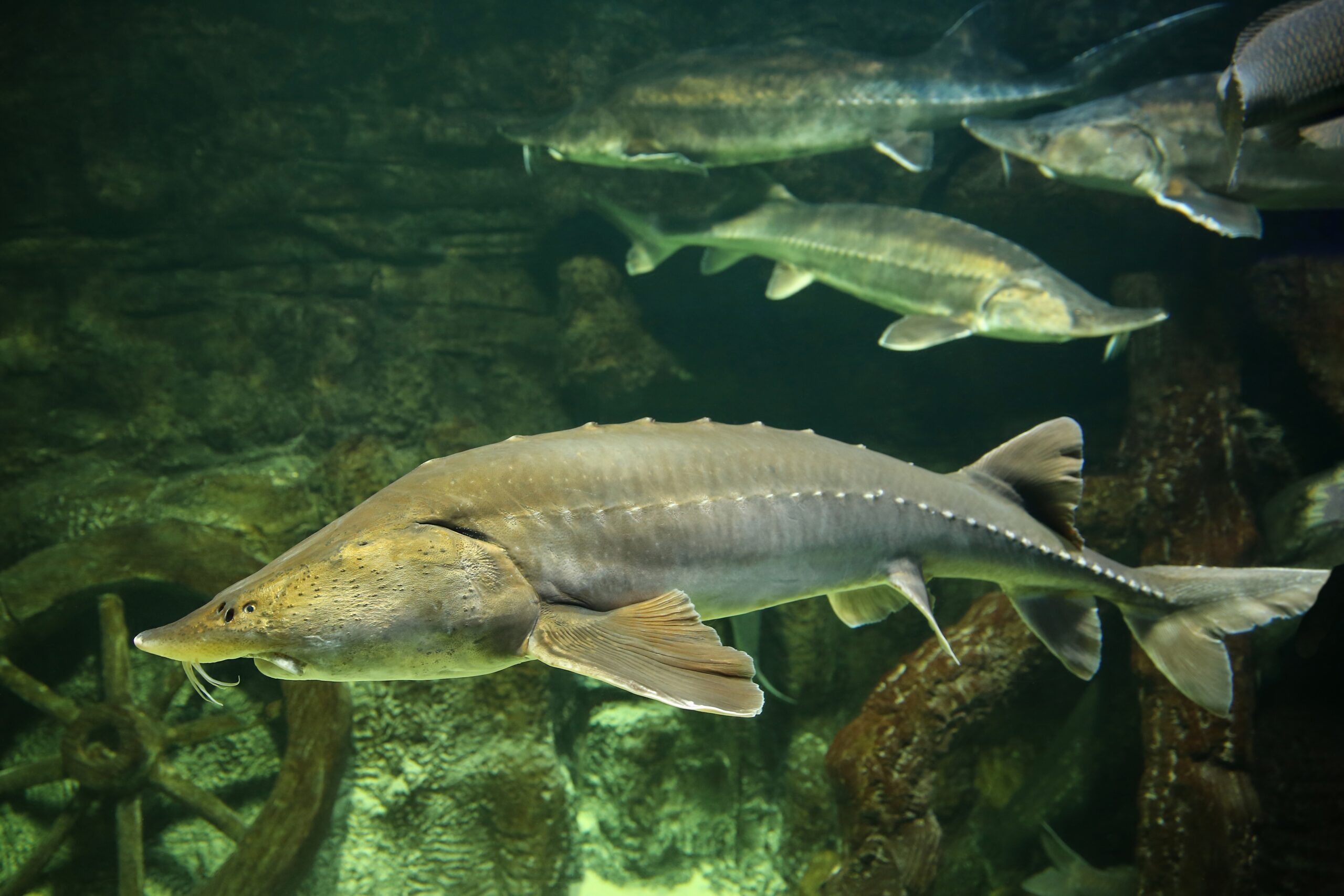
Sturgeon are ancient fish known for their long migrations between rivers and oceans. They can grow over 18 feet long and live for more than 100 years. Their population is critically endangered due to overfishing, particularly for their valuable roe, which is made into caviar. Dams block their migration paths, preventing them from reaching their spawning grounds. Conservation efforts focus on restoring river habitats and restricting caviar trade.
Steelhead Trout (Oncorhynchus mykiss)
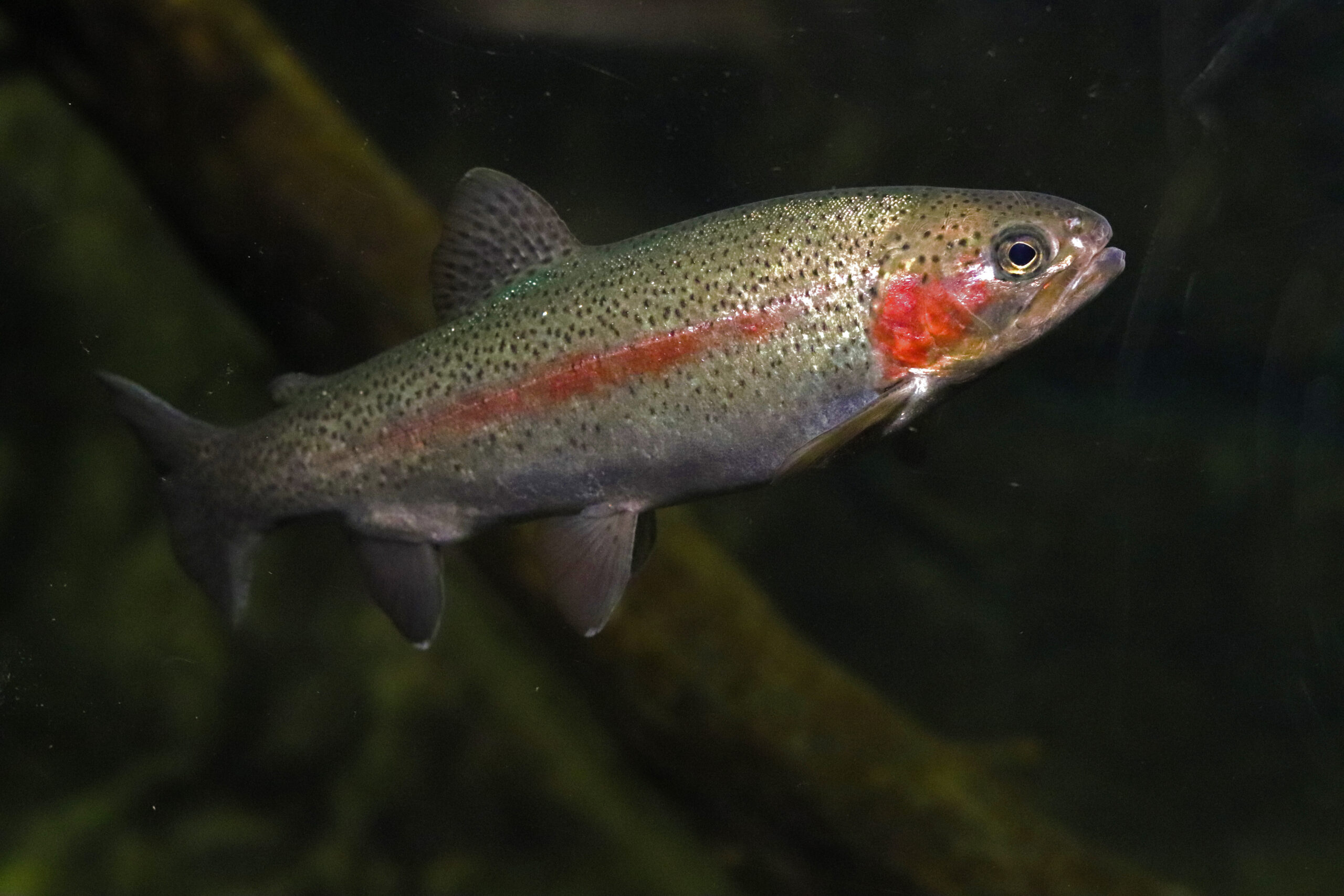
Steelhead Trout are a migratory species, moving between freshwater rivers and the ocean. They can grow up to 3 feet long and are known for their remarkable strength. Overfishing has drastically reduced their population, especially in their ocean phase. Dams further threaten their survival by blocking access to upstream spawning grounds. Restoration projects are working to improve fish passages and habitat quality.
Striped Bass (Morone saxatilis)
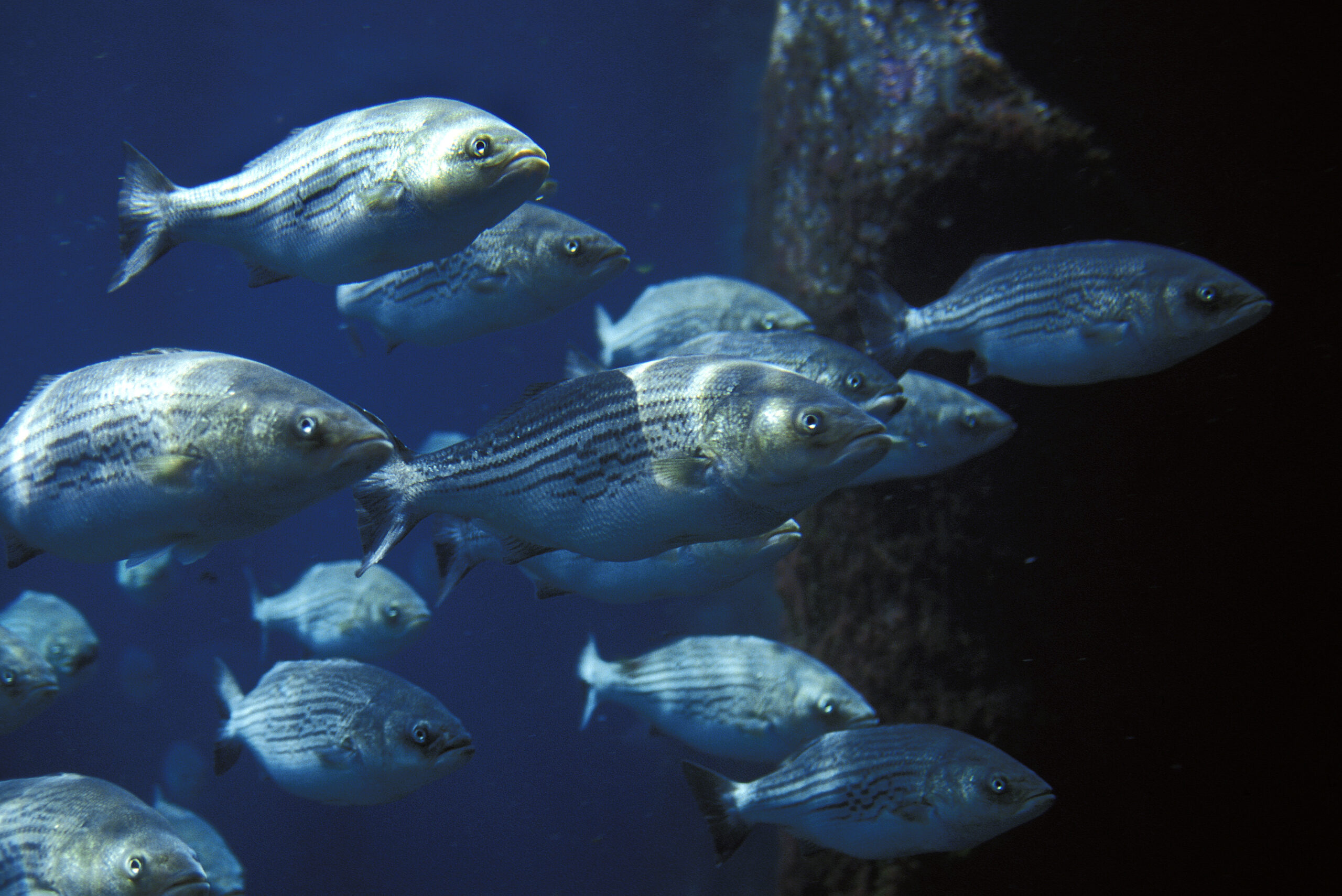
Striped Bass are a popular migratory species found along the Atlantic coast and in rivers. They can reach up to 6 feet in length and are highly sought after by commercial and recreational fishers. Overfishing has significantly reduced their numbers, putting them at risk. Dams and water diversions also disrupt their migration routes, leading to lower spawning success. Conservation strategies include regulating fishing limits and improving river access.
Shad (Alosa spp.)
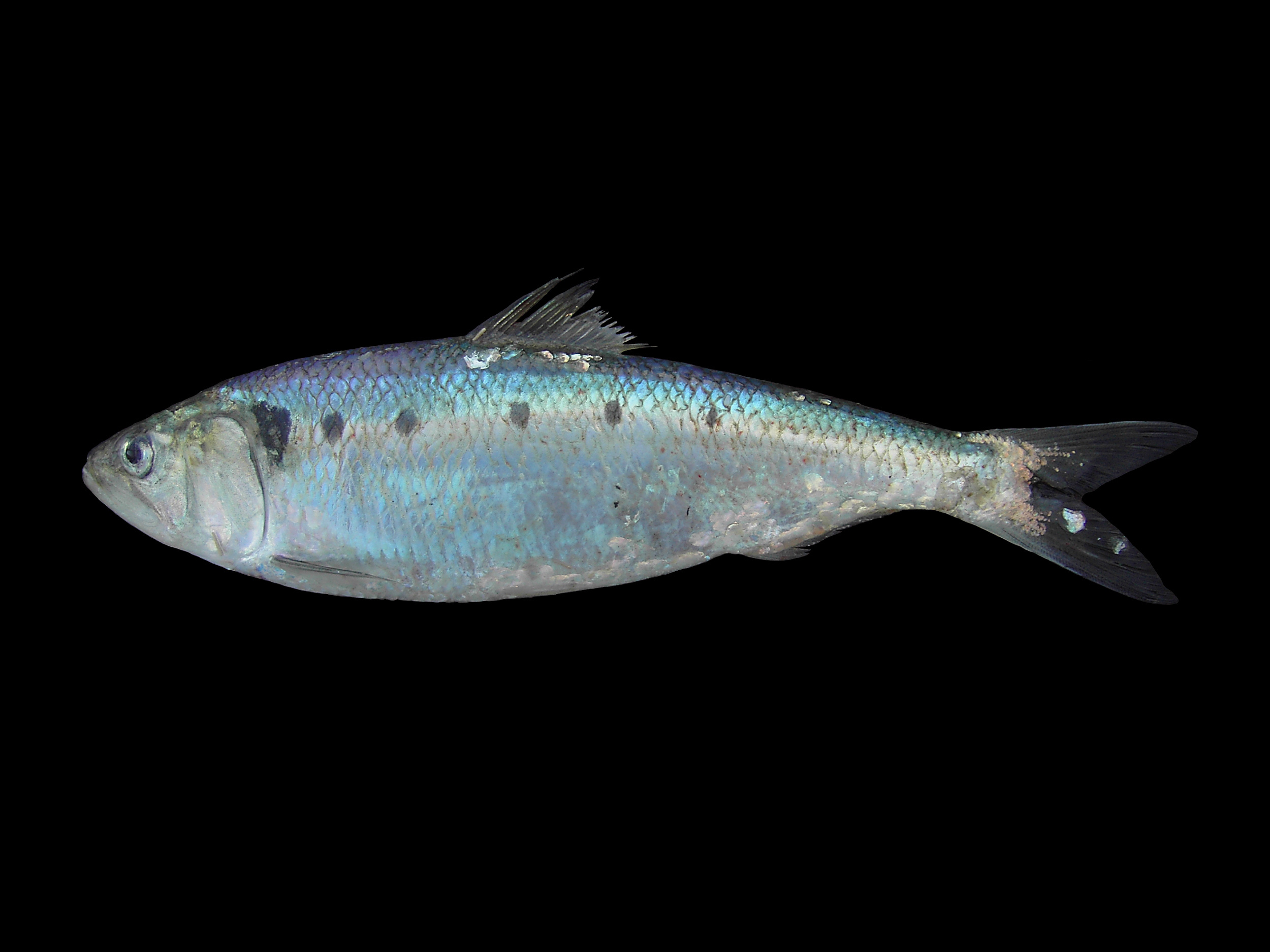
Shad are small migratory fish that travel from the ocean to rivers to spawn. They are an important food source for many predators, including humans. Overfishing, especially during the spawning season, has caused their populations to decline sharply. Dams and other river obstructions prevent them from reaching their breeding grounds. Efforts to save them focus on fish ladders and seasonal fishing bans.
Ganges River Dolphin (Platanista gangetica)
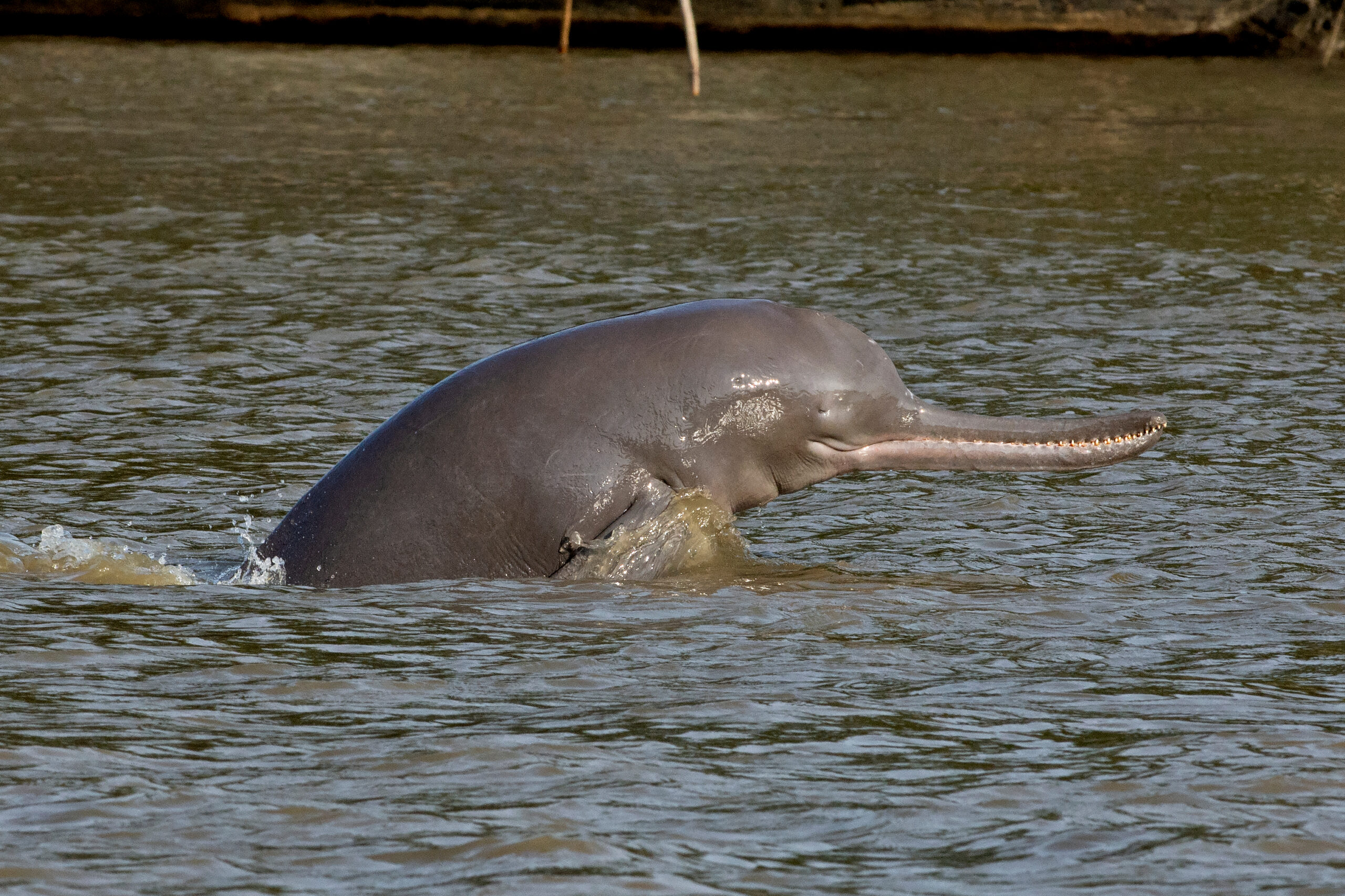
The Ganges River Dolphin is a freshwater species found in the rivers of South Asia. Although a dolphin, it behaves much like migratory fish, traveling along river systems. Overfishing depletes its food sources, while dams and pollution disrupt its habitat. They are critically endangered, with only a few hundred individuals remaining. Conservation efforts focus on reducing fishing pressure and restoring river habitats.
Sea Lamprey (Petromyzon marinus)
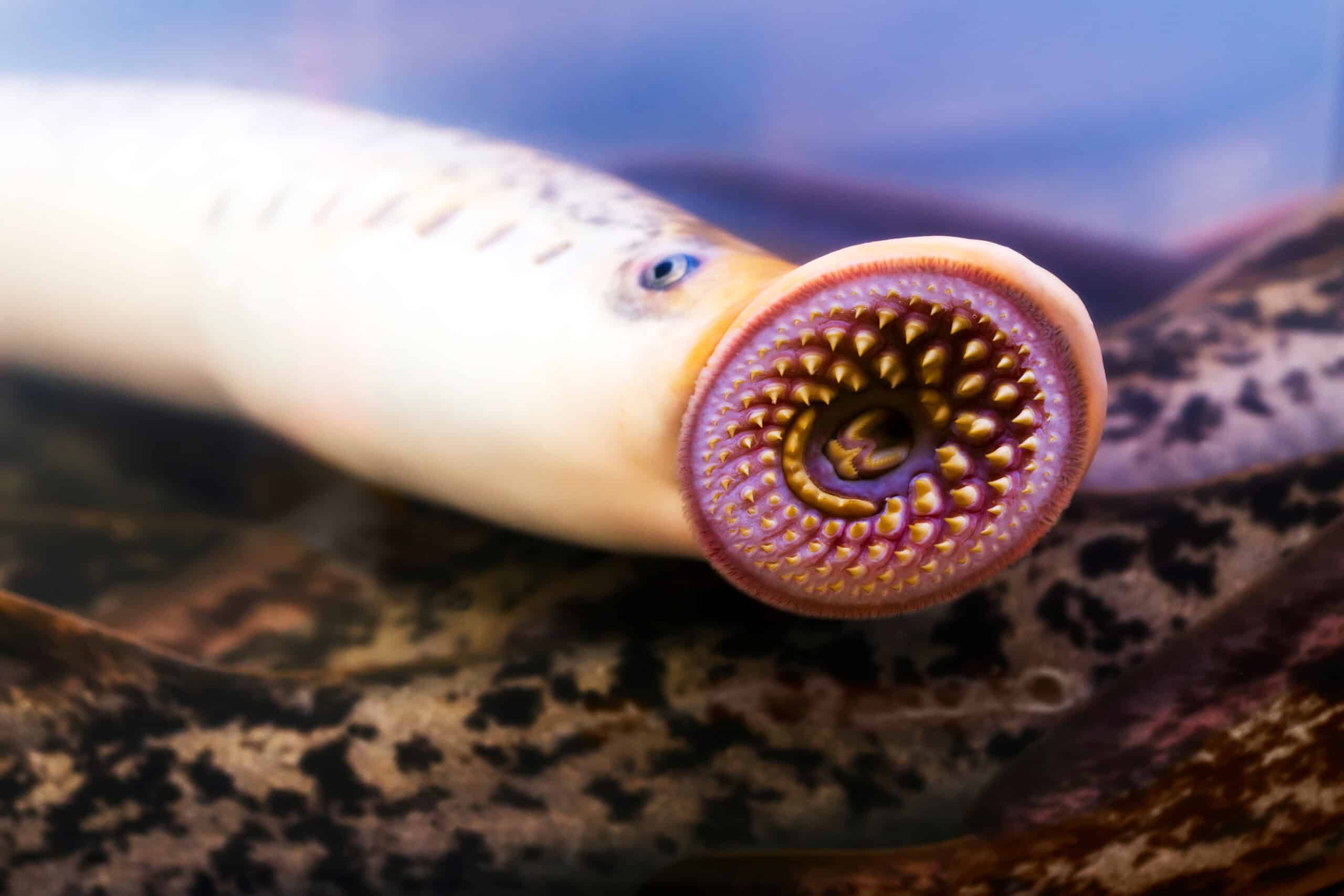
Sea Lamprey are parasitic fish that migrate between freshwater and saltwater. They can grow up to 3 feet long and have a unique jawless mouth used to latch onto other fish. Overfishing of their hosts, combined with dams that block their migration, has caused their populations to suffer. Control programs are in place to manage their populations and restore natural migration patterns.
Paddlefish (Polyodon spathula)
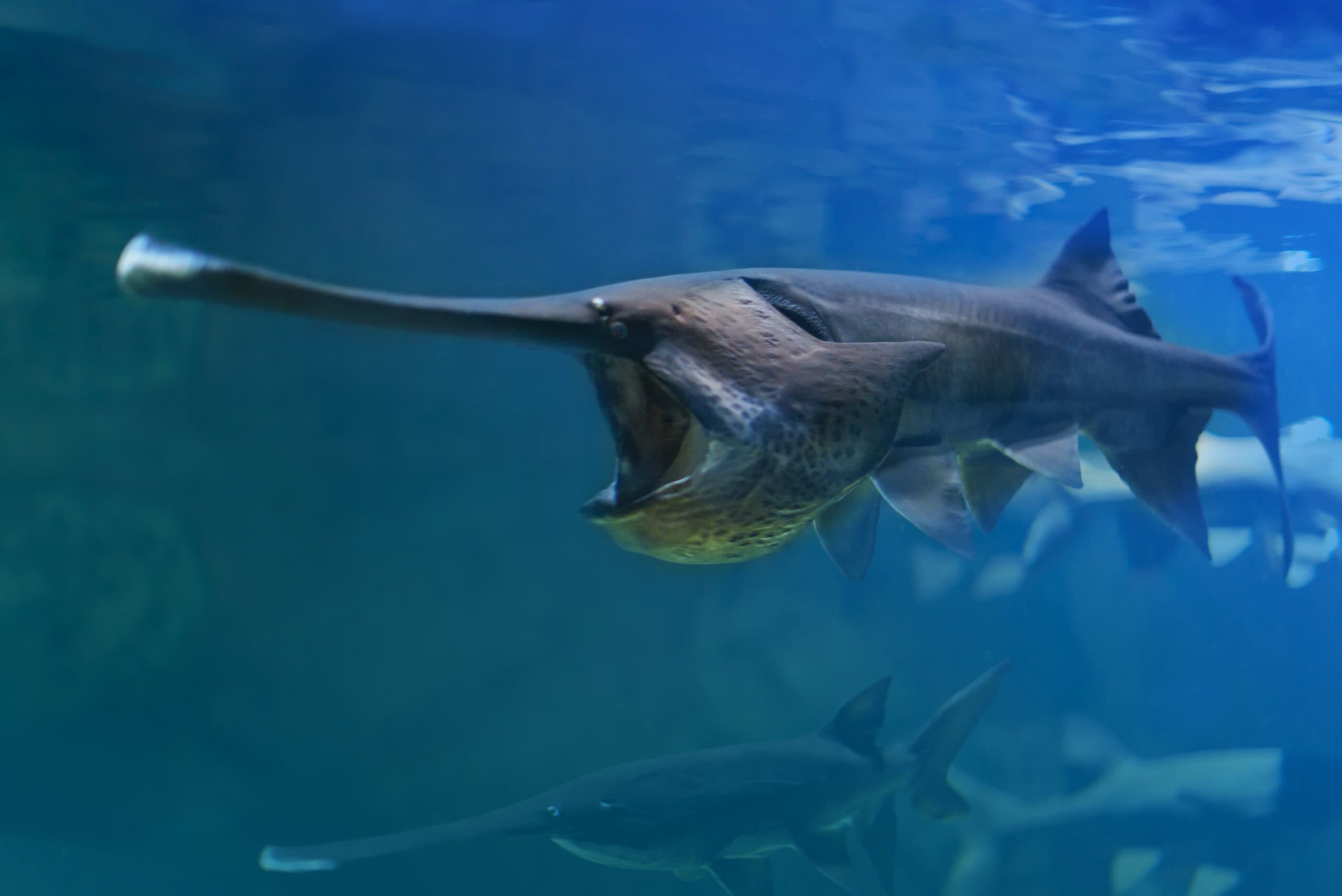
Paddlefish are large, freshwater fish with a distinctive paddle-shaped snout. They migrate long distances within river systems to spawn. Overfishing, especially for their roe, has drastically reduced their population. Dams along rivers block their migration routes and disrupt spawning. Restoration efforts focus on protecting their habitats and reducing fishing pressure.
Coho Salmon (Oncorhynchus kisutch)
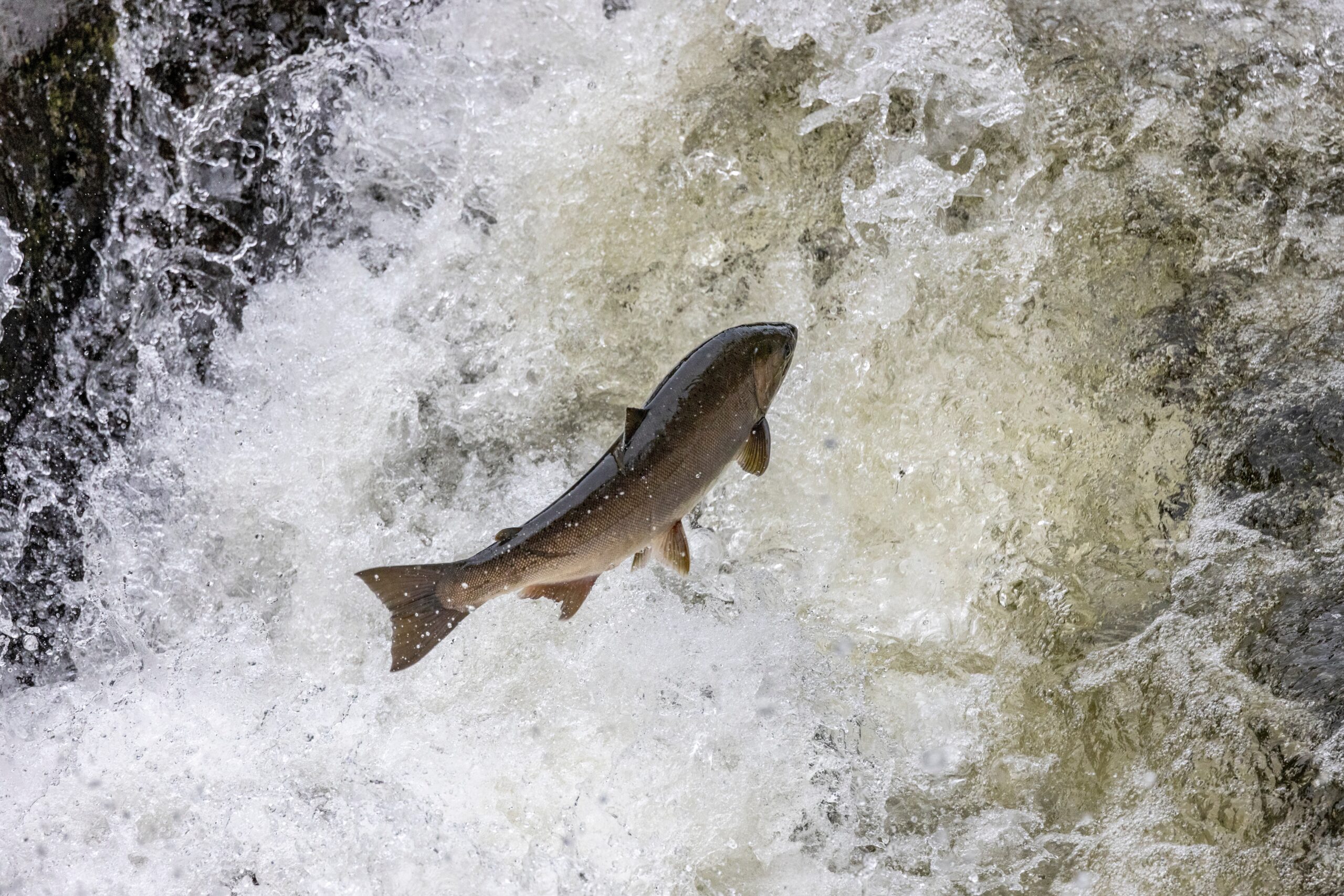
Coho Salmon are a migratory species, traveling from the Pacific Ocean to freshwater rivers to spawn. They can grow up to 2.5 feet long and are known for their rich, flavorful meat. Overfishing has greatly reduced their numbers, particularly in the ocean phase of their life cycle. Dams block access to their upstream spawning grounds, leading to further population decline. Conservation projects aim to improve fish passages and limit fishing harvests.
This article originally appeared on Rarest.org.
More from Rarest.org
10 Forgotten Action Figures That Are Now Hot Collector’s Items

Many nostalgic toys from the past have resurfaced as sought-after collector’s items. Fans treasure these forgotten action figures for their unique designs and the memories they evoke. Read More.
16 Forgotten Fashion Trends That Are Now Highly Sought After

Fashion is constantly evolving, but some trends that once faded into obscurity have found their way back into the spotlight. Read More.
17 Rare Insects You Didn’t Know Were Endangered
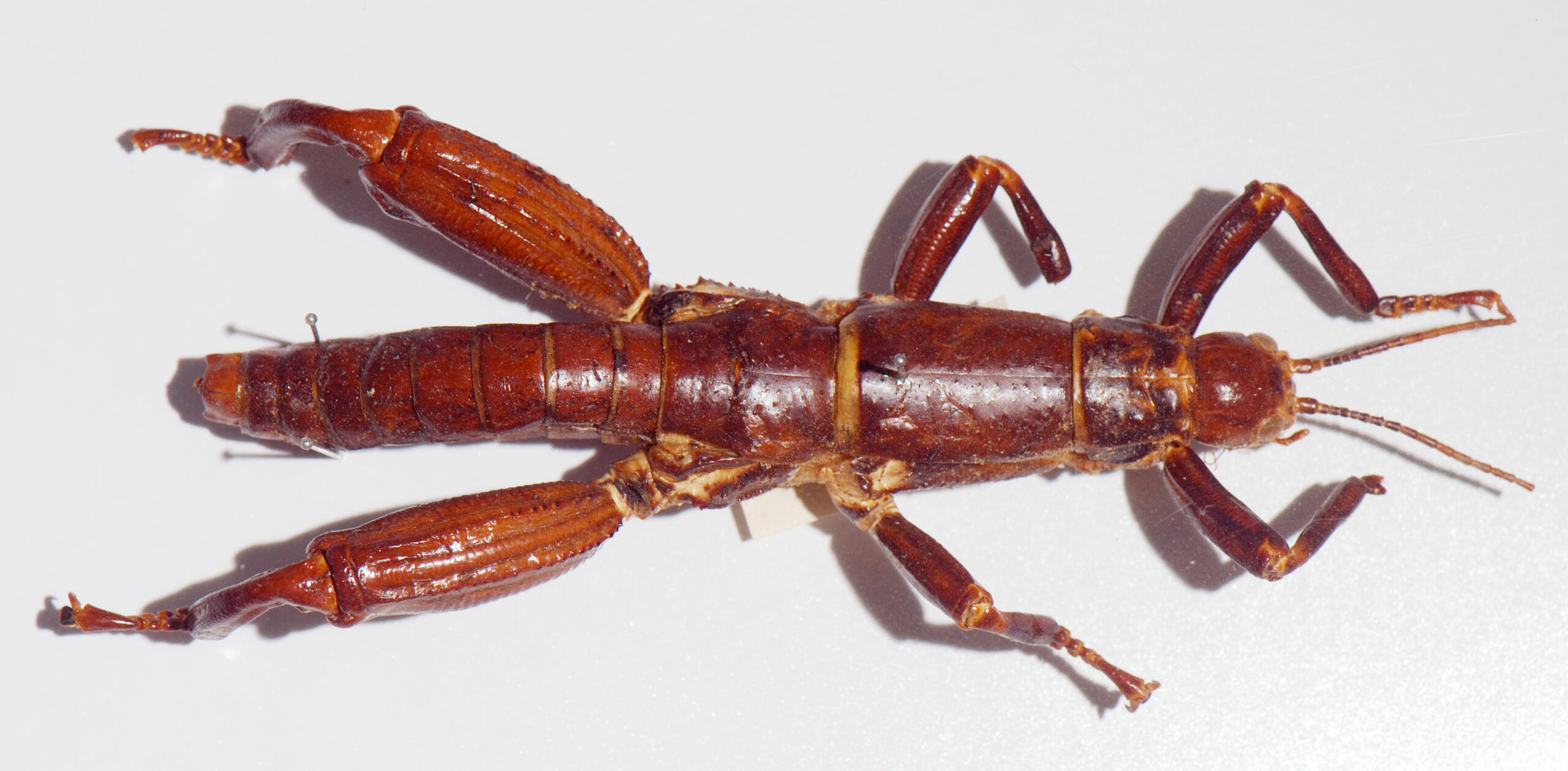
Insects are often overlooked when we think about endangered species, but many are in critical danger. Read More.
